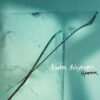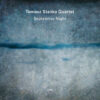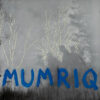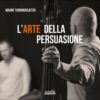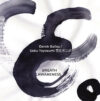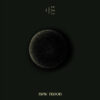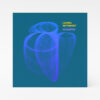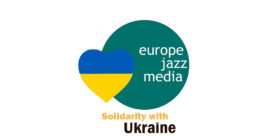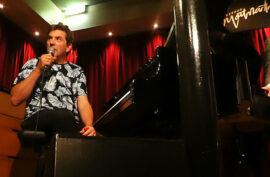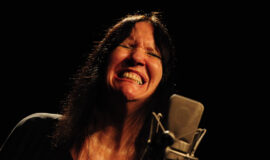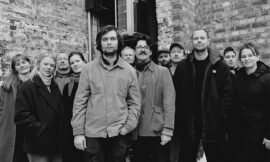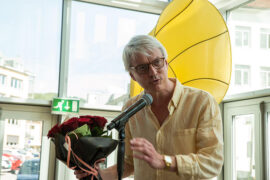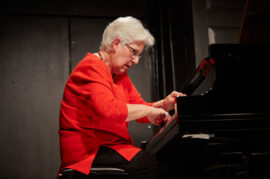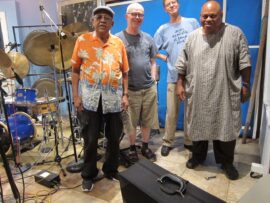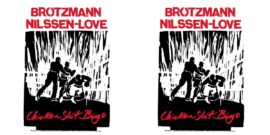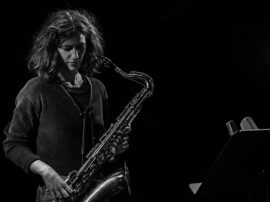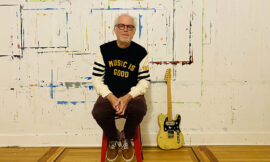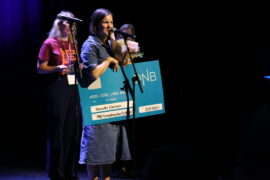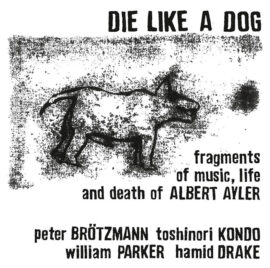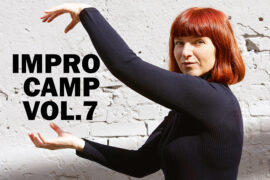
«Thank God The Plague is Over» was created in July 2019, long before the Covid-19 paralyzed the world as we knew it. The music, relating to the waves of the Black Death in the 17th century, is haunted by tragedy and witnessed by ghosts. Canadian multi-instrumentalist and nyckelharpa player (and founding member of the rock bands Broken Social Scene and Do Make Say Think) Charles Spearin and Swedish violinist Josefin Runsteen, known from the last incarnation of Mats Gustafsson’s Fire! Orchestra and her collaboration with Mariam the Believer, were invited by Leslie Feist and Damien Rice for a week-long residency at the 12th century Castel Campo in Northern Italy (once owned by the Von Trapp family, centuries before its descendants inspired «The Sound of Music»), with other artists and musicians from around the world.
Spearin and Runsteen were complete strangers at the time, coming from different spheres of music. They soon found a hidden road leading from the castle through a dense grove and into a tiny and desolate chapel, Chiesa di San Vigilio, standing as a quiet reminder of past suffering, but with great acoustics. Every time they opened their mouths to speak, «it’s as if the church itself is asking you to whisper. Anything said too loudly gets lost in a soup of echoes». The walls of the chapel were decorated with Renaissance frescos and ancient graffiti, scrawled in Latin, pleading «Please, God, save us from the Plague» and then, over top, are various symbols of gratitude painted once the Black Death had finally moved on. It was obvious that this was not only a place for prayers and thoughtful meditation but also a place for music-making. Spearin and Runsteen were astonished by colorful sonic explosions of sound inside the chapel and decided to improvise together every day in the chapel. These improvisations were collected into «Thank God the Plague is Over».
Spearin and Runsteen walked back and forth to the chapel every day in complete silence and have not spoken about the music, and claim that they don’t know much about each other. But the album «Thank God the Plague is Over» suggests an immediate, profound connection between two musical soul-mates. Spearin and Runsteen play as one entity, totally immersed by the evocative acoustics, haunting memories, and thoughts about the painful past, best-captured on the only extended piece, the intense elegy «😭». The shorter pieces emphasize more hopeful colors of rebirth and a sense of possible better future crafted from co-operation. Spearin and Runsteen surrender their fragile tones to the reverberating space of the chapel, letting themselves being washed by overtones and human voices-like multiphonics on «Blæðandi Tungl» with cellist Gyða Valtýsdóttir. Later they play as if they are singing a moving folk song on «Viva la Castel Campo», sketching a beautiful, spiritual melody on «Breathing With You, With Me» or invoking the spirits on the ethereal «You Are Loved». The last piece, «Time is a Measurement of Desire» offers minimalist waves of hope and joy, entangled with dark, lyrical ones.
Pure beauty.
Eyal Hareuveni
Josefin Runsteen (vio), Charles Spearin (nyckelharpa), Gyða Valtýsdóttir (c)

